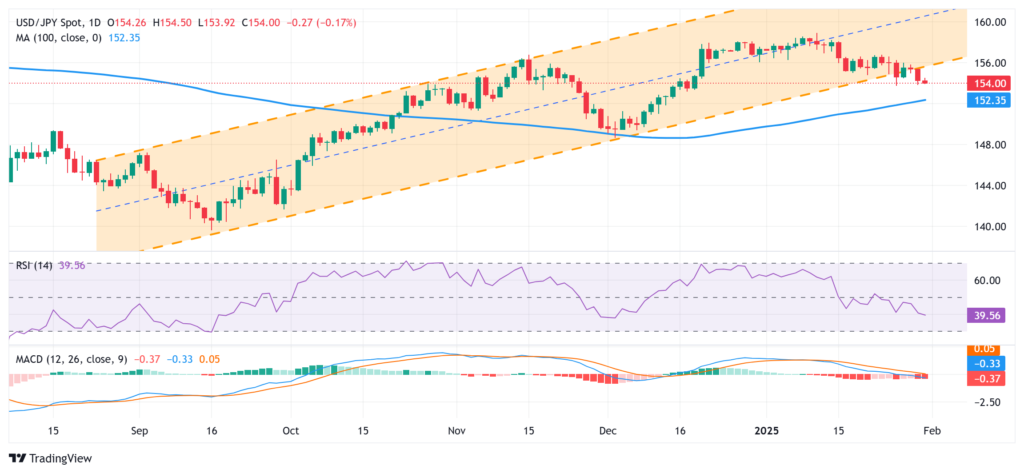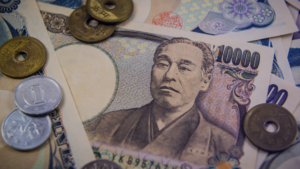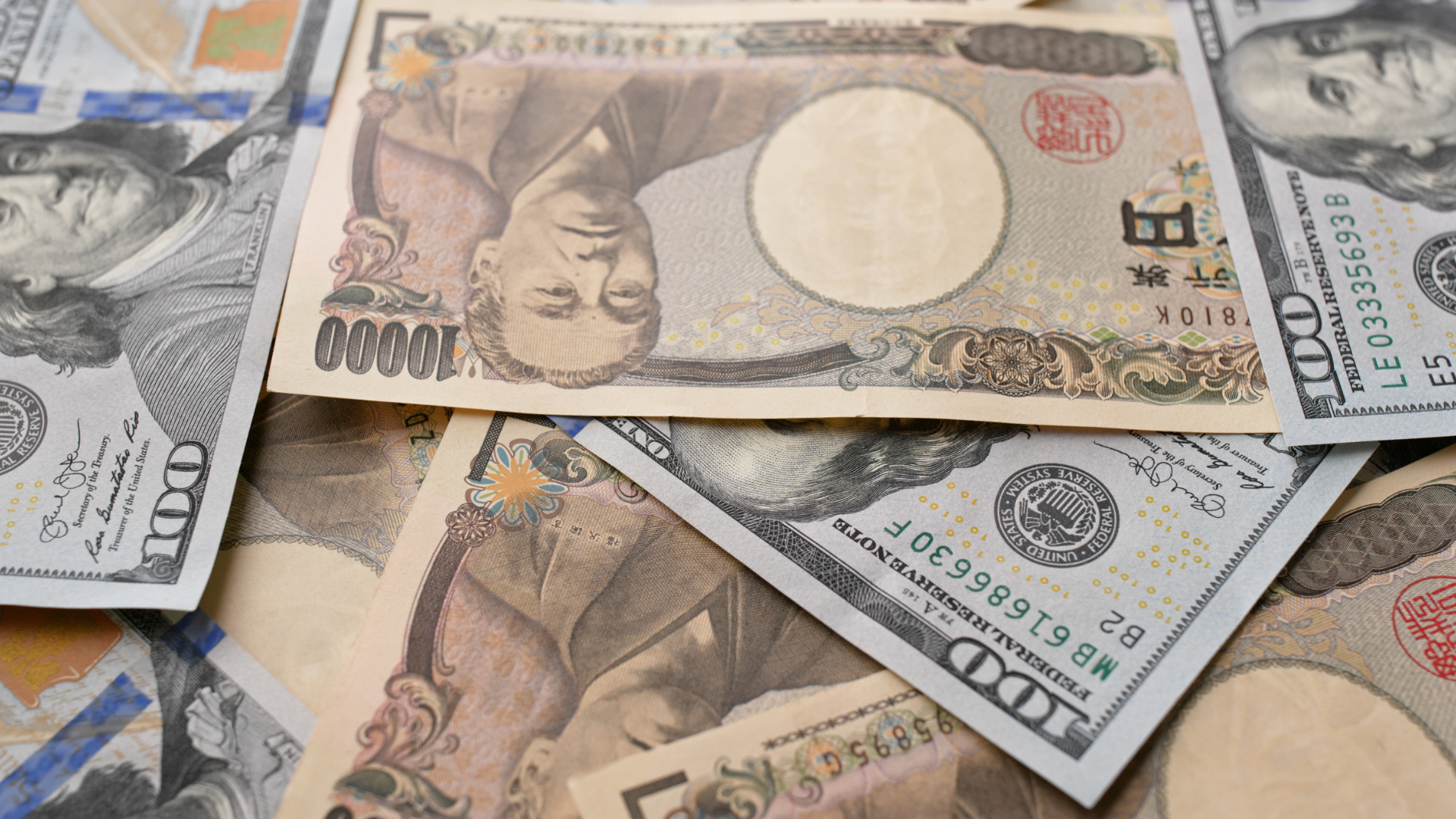The Japanese yen extended its decline against the U.S. dollar, pressured by broad dollar strength as markets turned their focus to the upcoming US Personal Consumption Expenditures (PCE) report. The yen’s weakness reflects continued concerns over monetary policy divergence, with the Federal Reserve’s hawkish stance keeping the greenback supported, while the Bank of Japan (BoJ) maintains its ultra-loose policy.
Investors are closely watching the PCE inflation report, a key gauge for the Fed’s rate trajectory. If inflation remains elevated, it could reinforce expectations that the Fed will keep rates higher for longer, further strengthening the U.S. dollar and adding pressure on the yen. Meanwhile, despite some hints of a potential BoJ shift, Japan’s central bank has yet to signal a clear departure from its dovish policies.

With Treasury yields holding firm, demand for the dollar remains strong, making it difficult for the yen to recover. Japan’s policymakers have voiced concerns over the yen’s prolonged depreciation, but market participants remain skeptical about the likelihood of intervention, especially without a major policy shift from the BoJ.
Looking ahead, traders will assess the impact of the US PCE data and any signals from Fed officials regarding inflation and growth outlooks. If the data surprises to the upside, USD/JPY could extend its rally, while a softer reading might ease pressure on the yen.
For now, the yen remains under pressure, with policy divergence and strong US economic fundamentals favoring further dollar gains. Unless the BoJ signals a firmer stance on tightening, the USD/JPY pair is likely to stay on an upward trajectory.













